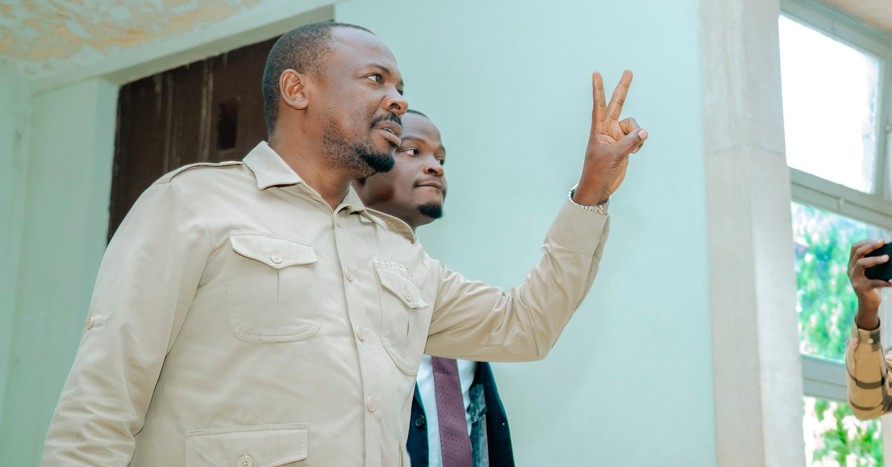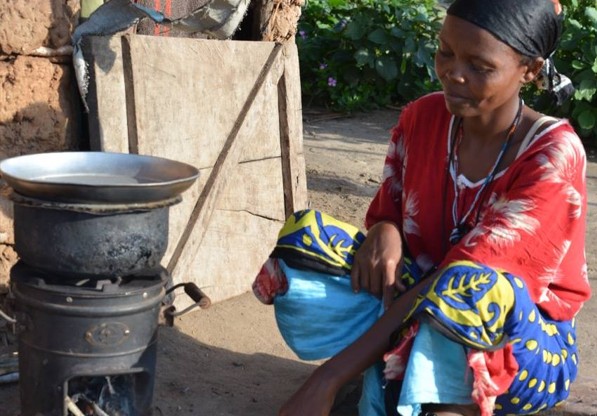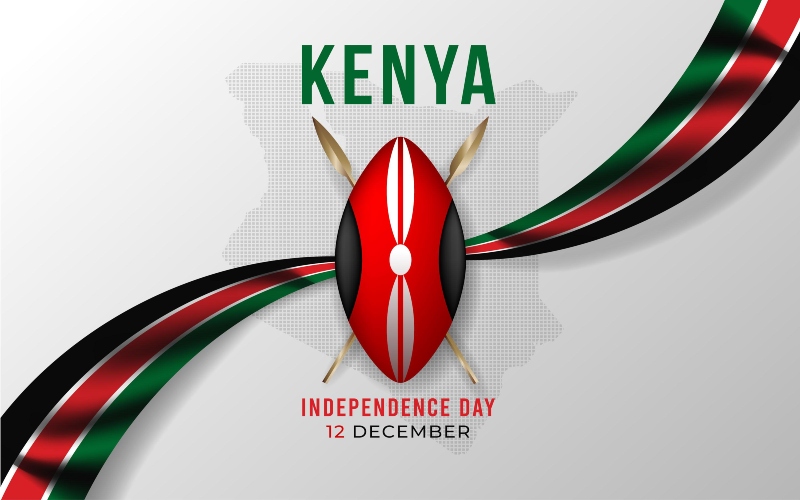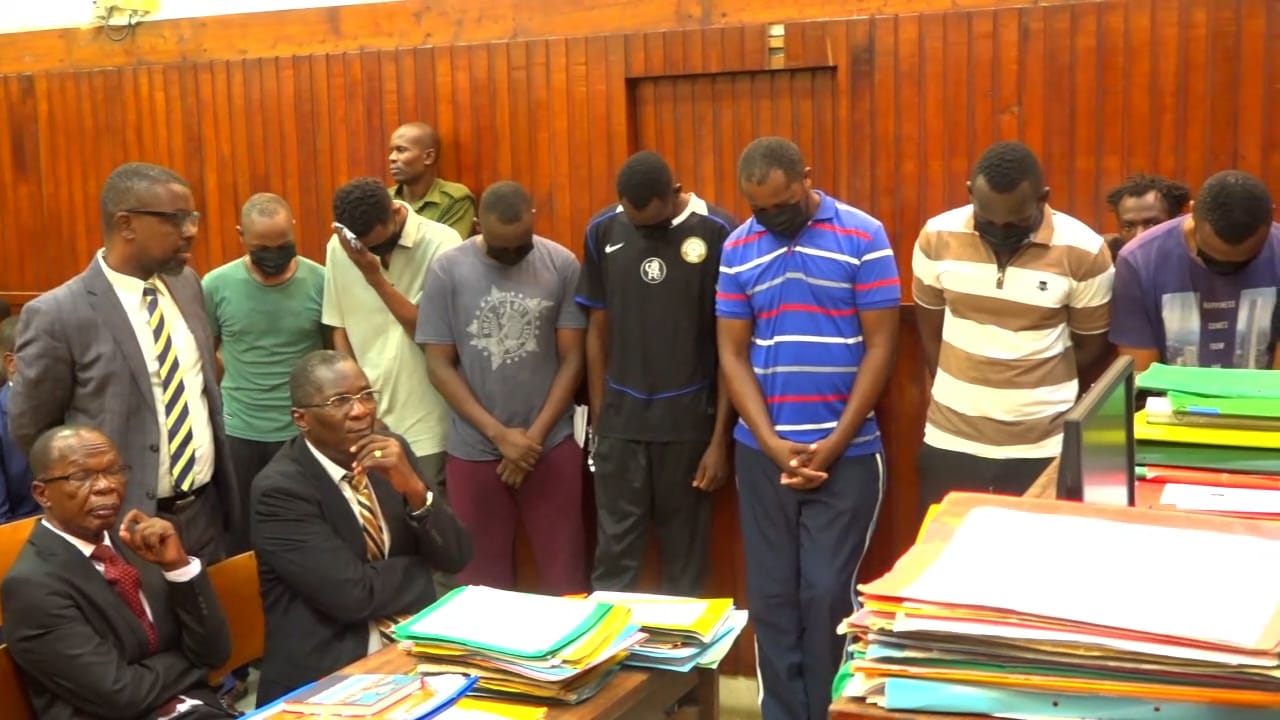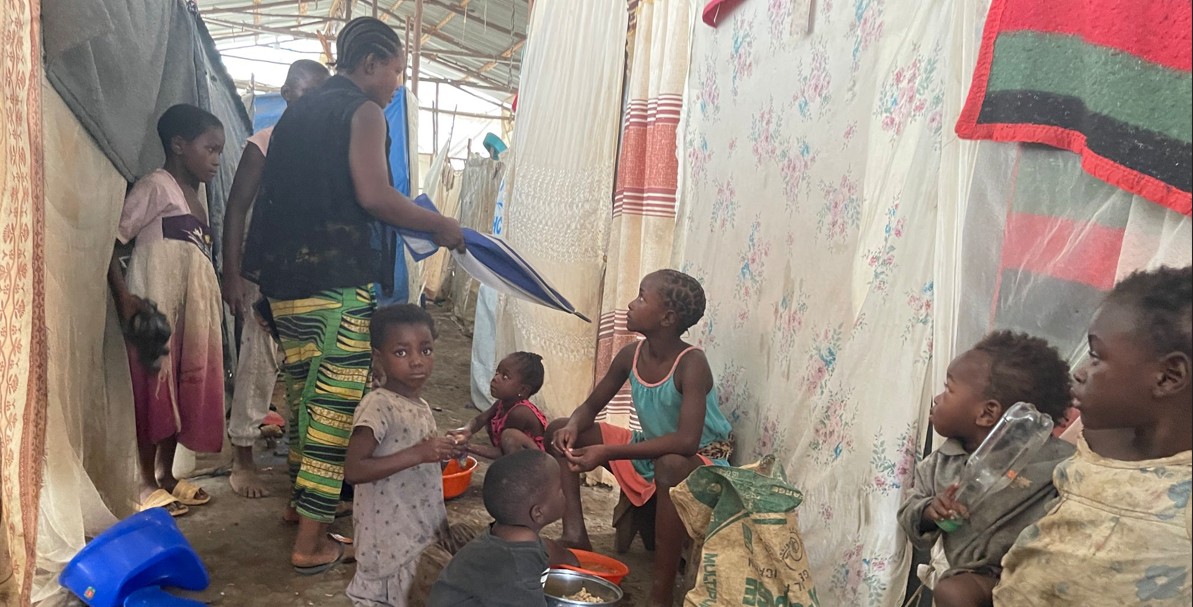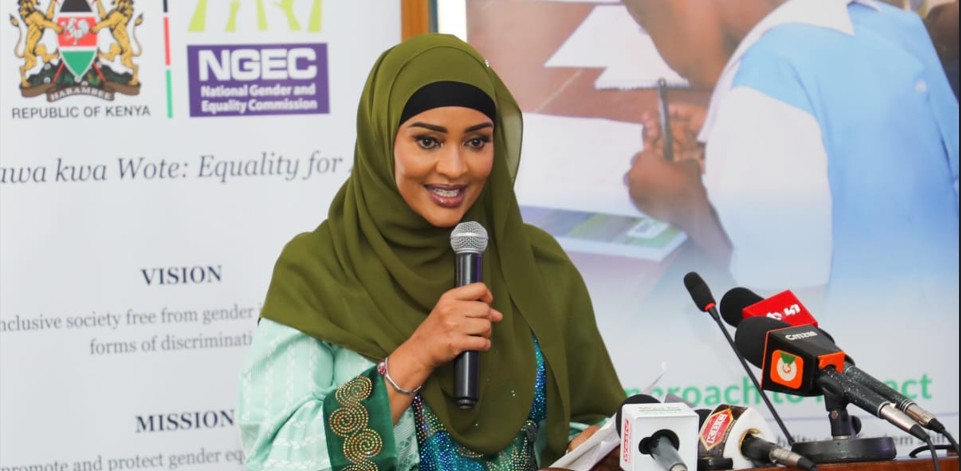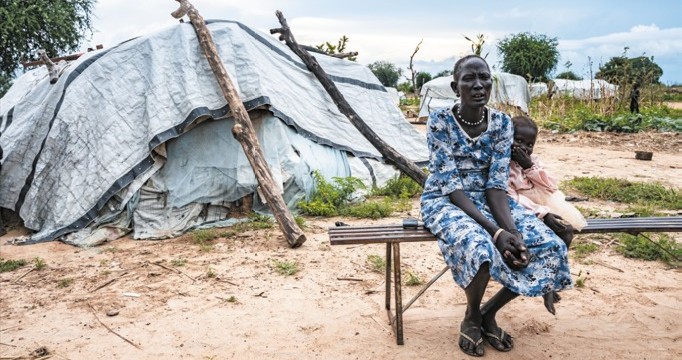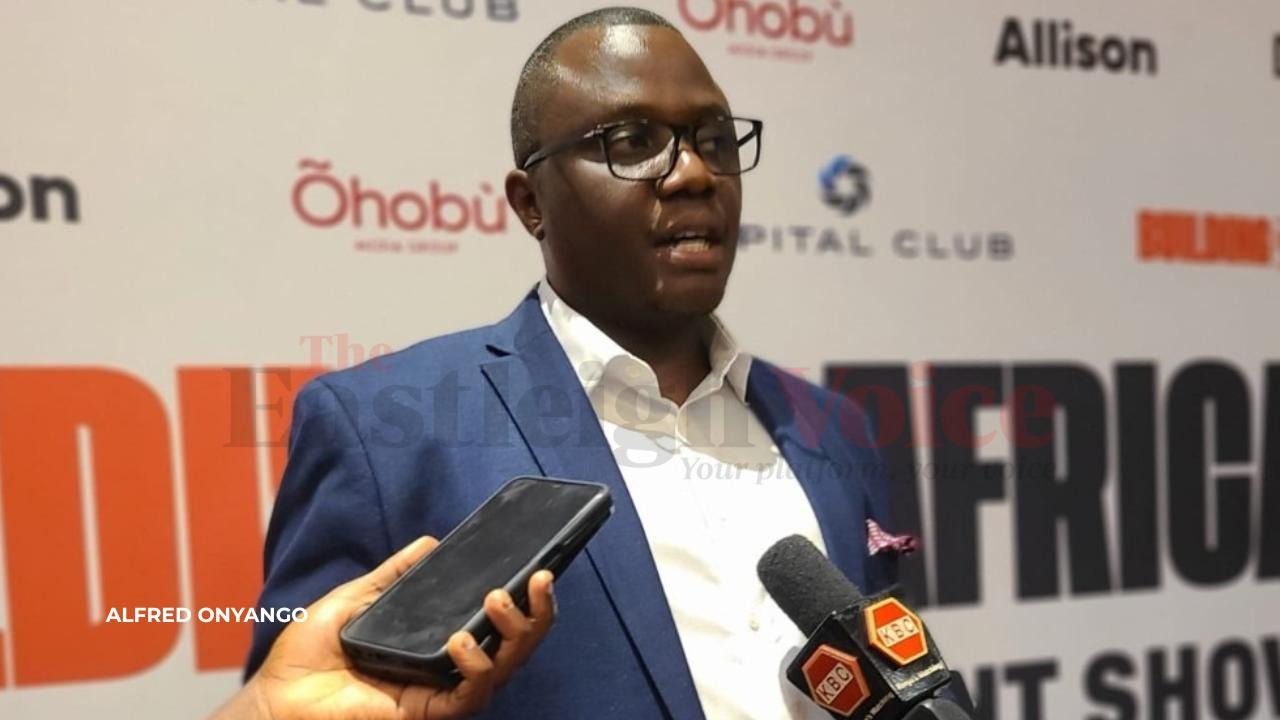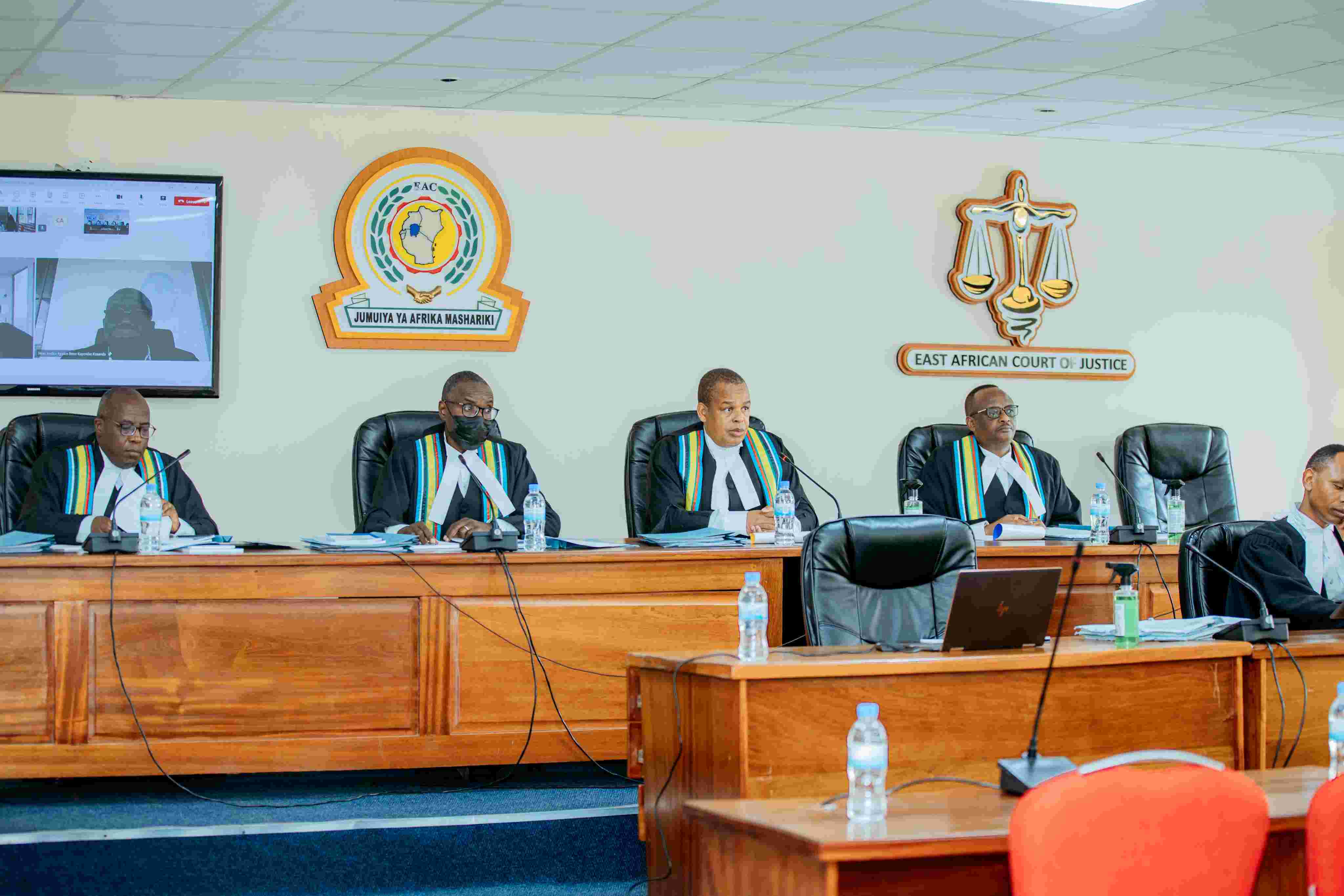Lamu residents demand greater inclusion in minorities Bill
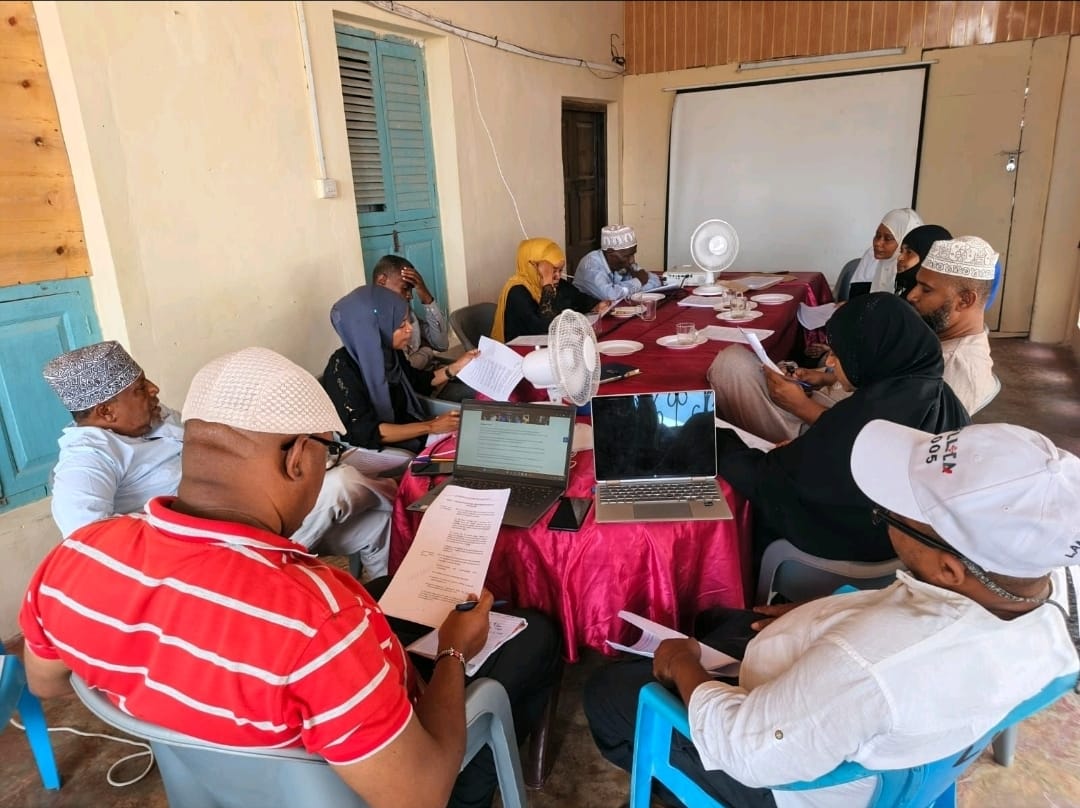
Participants also urged that future consultations be more inclusive, transparent, and locally driven.
After years of feeling forgotten, residents of Lamu are demanding a stronger voice in the Draft National Policy on Ethnic Minorities and Marginalised Groups Bill 2025, a law they hope could finally tackle the neglect and inequality that have defined their lives for generations.
The call follows a community forum convened by Khadija Fumo, a member of the Bajun community and the chief officer in the Department of Public Service Management and Administration at the Lamu Governor’s Office.
More To Read
Khadija organised the dialogue purely at a personal level, driven by her passion to protect and uplift her community, which she says has long been overlooked in national policymaking.
“I did this as a daughter of this soil, not in my official capacity. For too long, our voices have been missing in national discussions. Democracy must move beyond paperwork; it must hear and reflect the realities of people like us,” she said.
The forum brought together elders, youth leaders, women’s groups, religious figures, and civil society representatives from across Lamu. It aimed to raise awareness of the draft Bill, address gaps in the national public participation process, and ensure that the voices of minority and marginalised groups are captured before the Bill moves forward.
Mohamed Shosi, an elder from Lamu Island, said the region’s neglect stretches back decades.
“We have seen other regions develop while our children study under trees, and our hospitals lack medicine. If this Bill is serious about change, it must start with places like Lamu,” he said.
A youth leader, Mammy Hassan, said young people feel trapped by a cycle of unemployment and exclusion.
“We finish school but end up back in the village because there are no opportunities. The Bill must open doors for us, not just make promises from Nairobi.”
Civil society groups argued that the government’s initial consultations on the Bill were too shallow to capture real community input.
Somo Ali said residents felt sidelined.
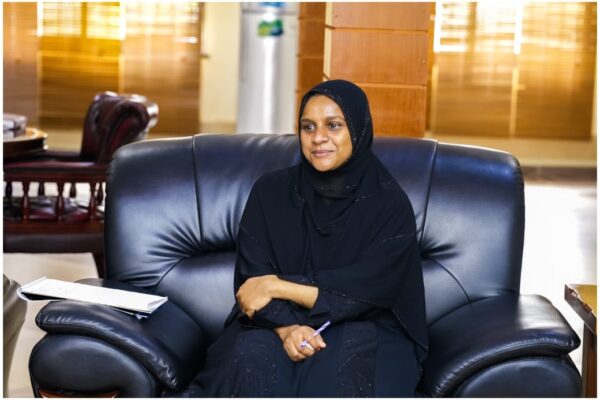 Khadija Fumo, a member of the Bajun community and the chief officer in the Department of Public Service Management and Administration at the Lamu Governor’s Office. (Photo: Farhiya Hussein)
Khadija Fumo, a member of the Bajun community and the chief officer in the Department of Public Service Management and Administration at the Lamu Governor’s Office. (Photo: Farhiya Hussein)
“They came for a meeting, stayed for a few hours, and left. How can you understand a community’s problems in one afternoon? Participation should mean genuine engagement,” they said.
Religious leaders urged both levels of government to build trust through fairness and inclusivity.
Sheikh Abdulrahman Omar said faith institutions can help bridge the gap between policy and people.
“Islam teaches justice and consultation. We want to work hand in hand with the government to make sure no group remains voiceless,” he said.
Women’s representatives highlighted that women and girls in remote villages often bear the heaviest burden of marginalisation.
Fatma Mzee said many remain unaware of their rights.
“We are the ones fetching water from far, caring for families, yet we are rarely consulted. The Bill should make sure women’s voices are heard,” she said.
From a cultural perspective, Abdulkarim Bwana, a Swahili heritage curator, said marginalisation also threatens identity and traditions.
“When our culture fades, our sense of belonging disappears too. Protecting minority groups must include protecting their heritage,” he said,
They called for the integration of Lamu’s recommendations into the final draft of the Bill.
Participants also urged that future consultations be more inclusive, transparent, and locally driven.
According to Khadija, she hopes the initiative inspires other communities to take ownership of their development and rights.
“We may be small in number, but our voices matter. No one should speak for us without us,” she said.
Top Stories Today
Reader Comments
Trending
